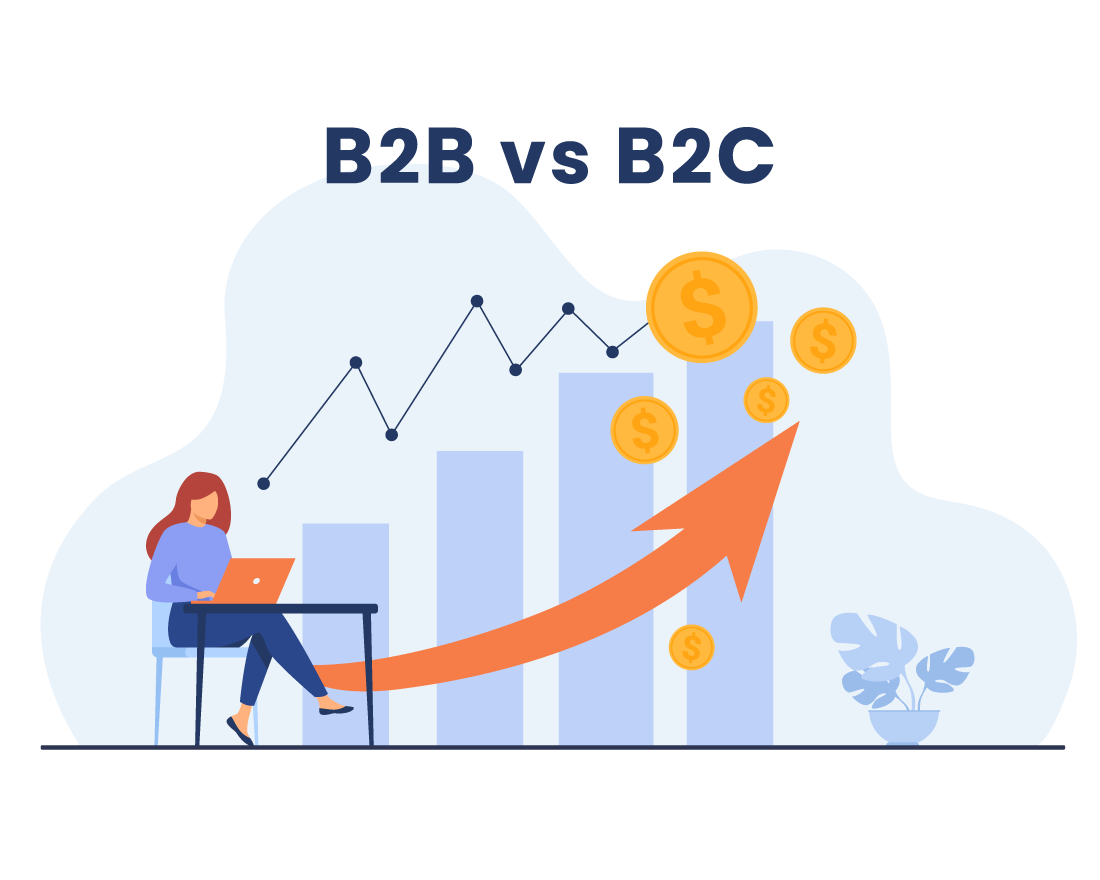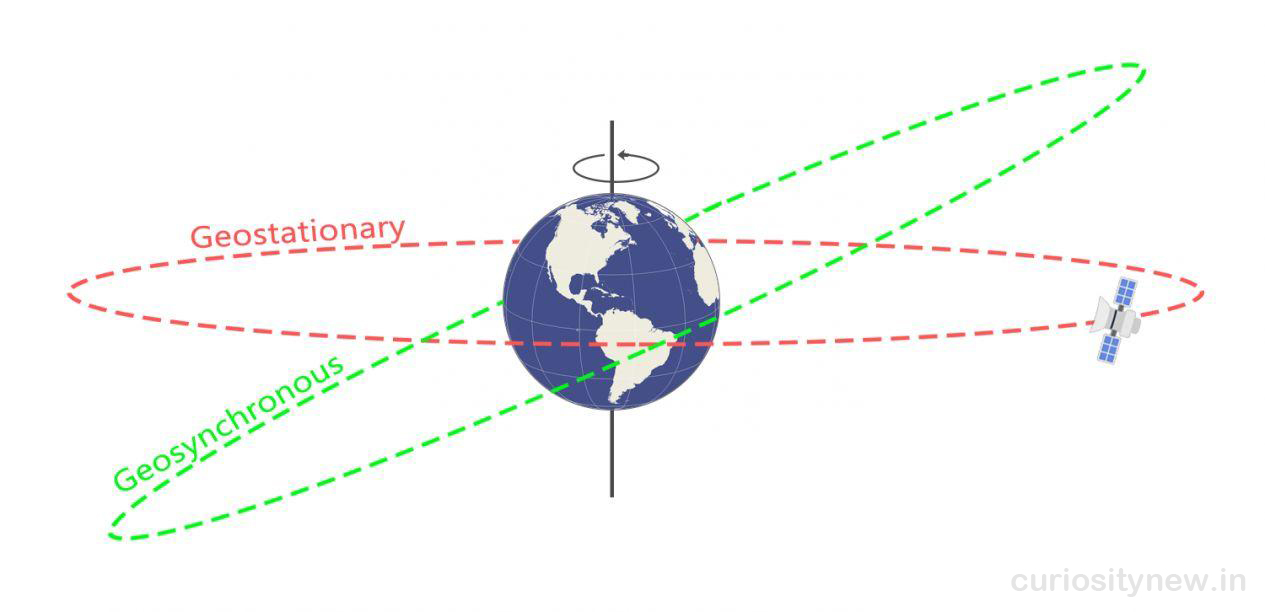
B2C (Business-to-Consumer) sales refer to transactions between a business and individual consumers. It involves products or services that are directly marketed and sold to the end consumer. B2C sales typically focus on appealing to consumer emotions, creating a strong brand image, and targeting a larger customer base.
On the other hand, B2B (Business-to-Business) sales involve transactions between businesses. It includes products or services that are sold from one business to another for their use in operations, resale, or further production. B2B sales often involve longer sales cycles, multiple decision-makers, and more complex negotiations.
While both B2C and B2B sales share some similarities, such as the need to understand customer needs and provide value, there are key differences in their approaches. B2C sales typically prioritize creating a compelling and personalized customer experience, while B2B sales focus on building relationships, demonstrating expertise, and addressing business challenges.
Ultimately, the strategies and tactics employed in B2C and B2B sales differ based on the target audience, decision-making processes, and overall goals of the businesses involved.













